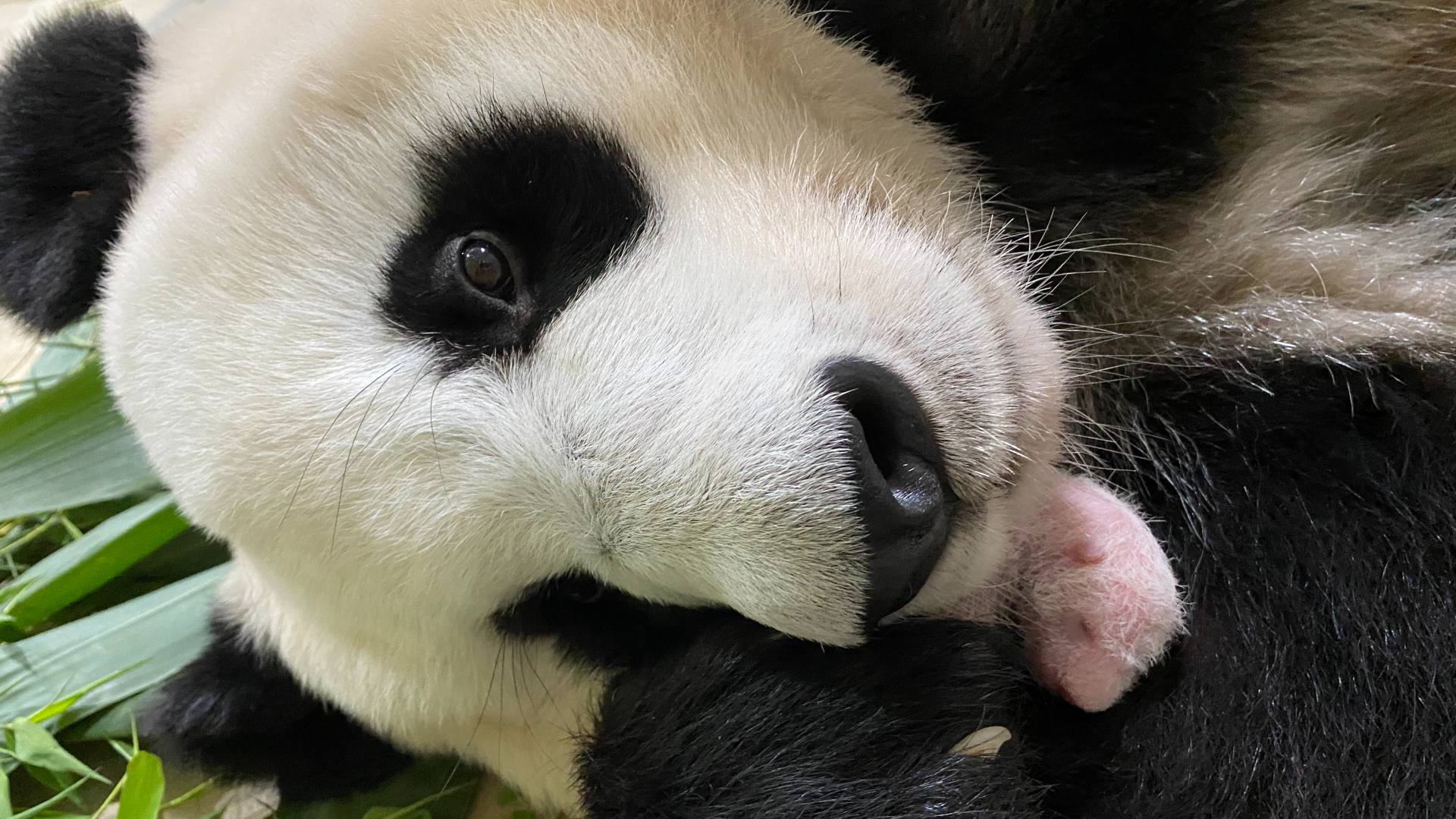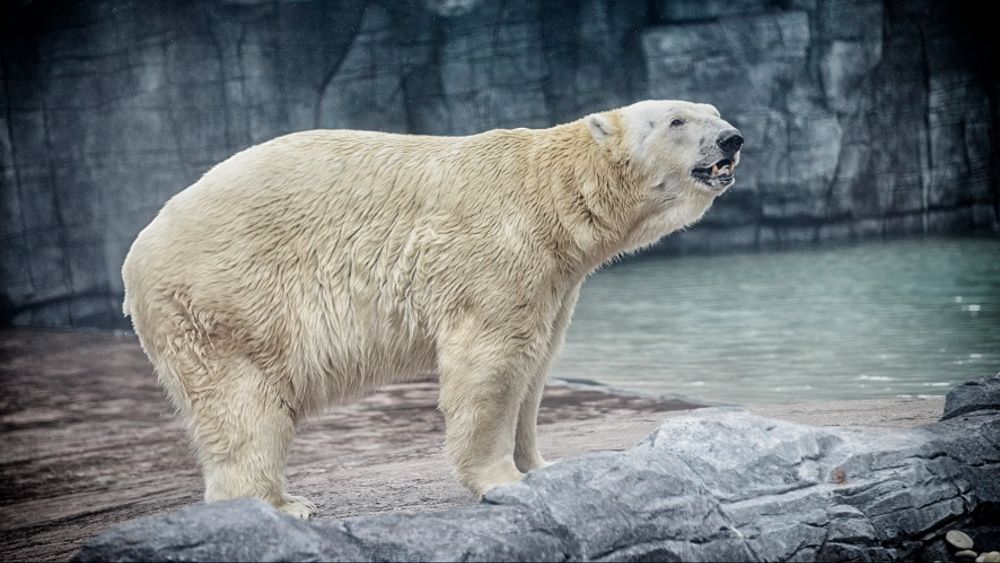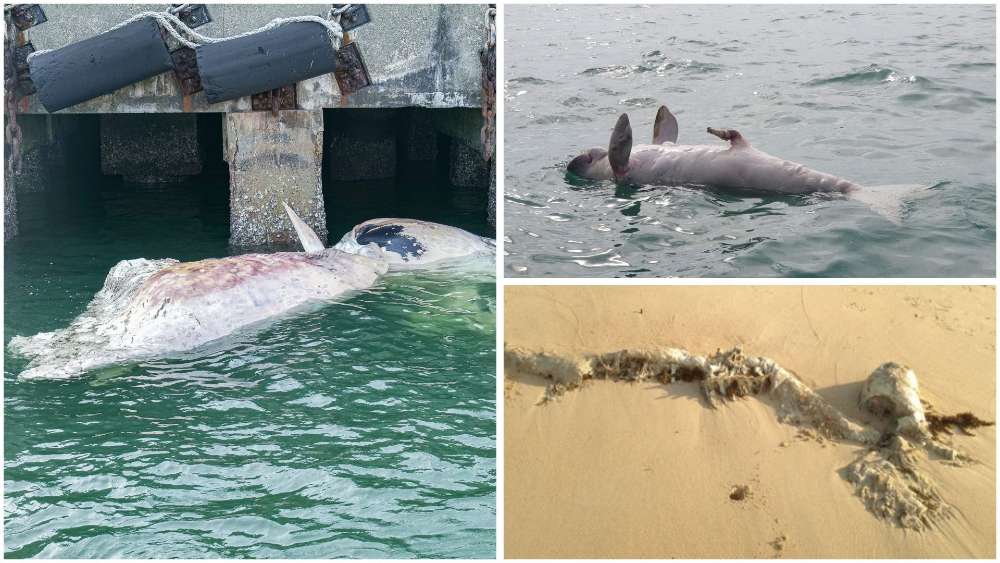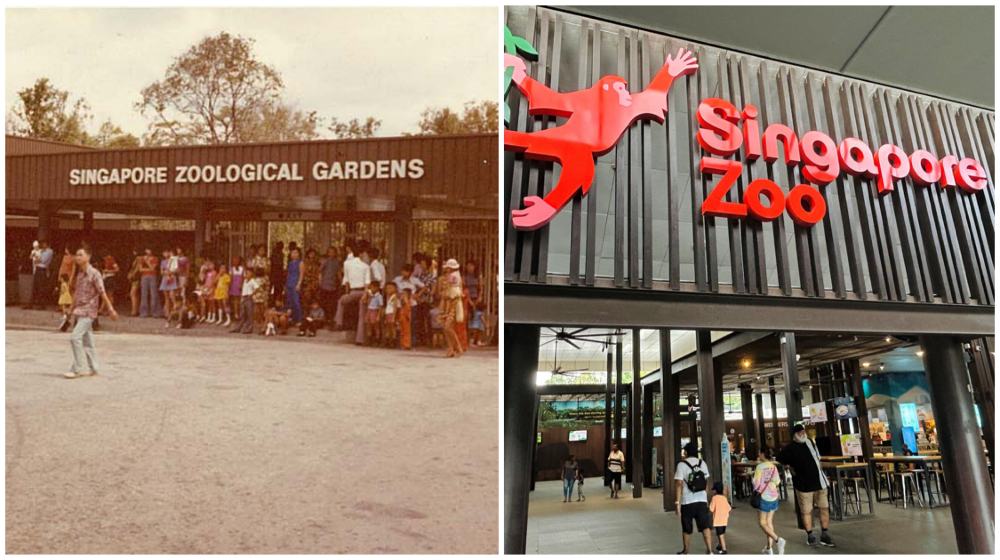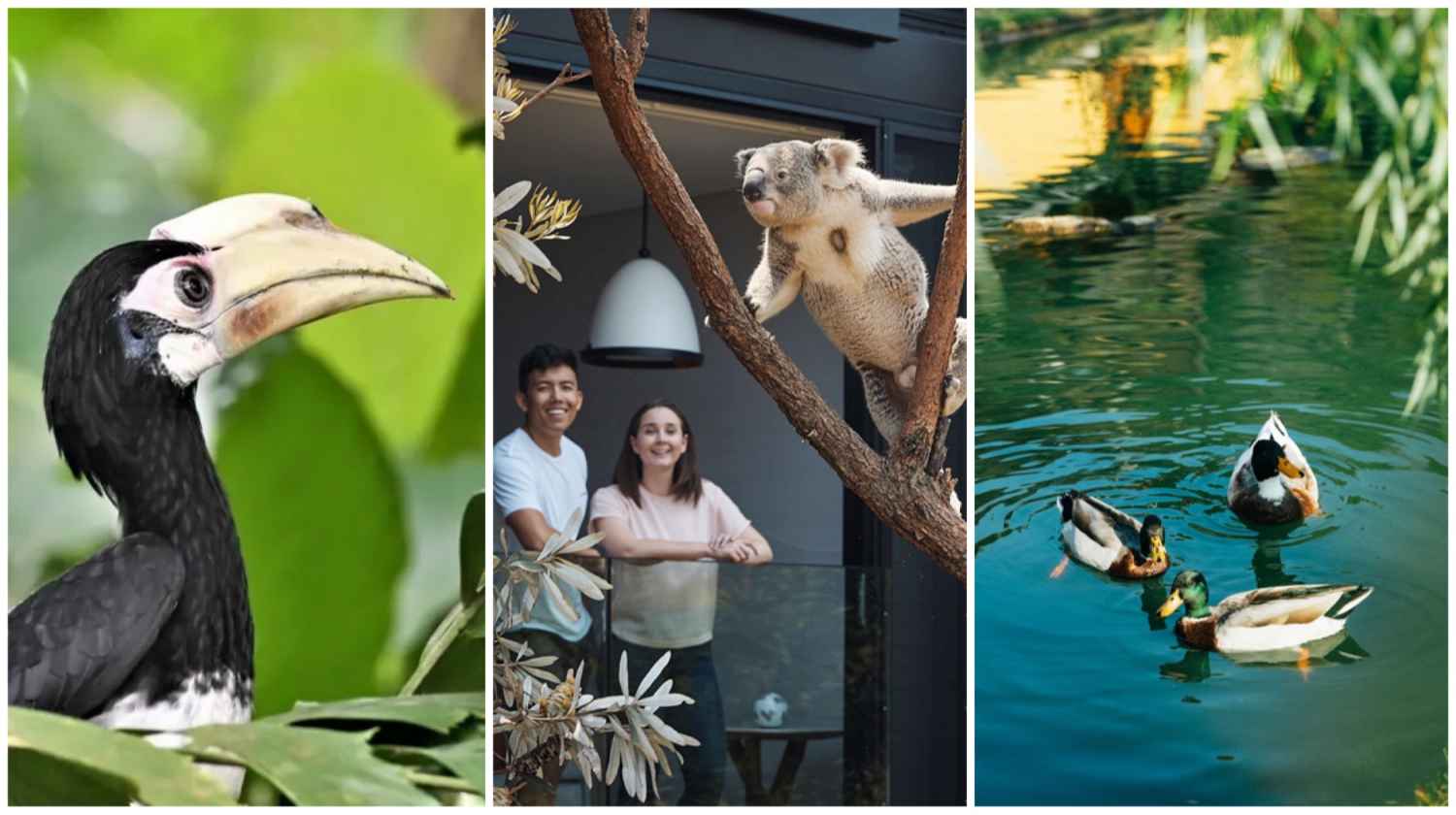Hello Pandas: The Little One And Mum Are Doing Well
It's been a week since Jia Jia and Kai Kai - the two giant pandas who arrived in Singapore in 2012 on a 10-year loan from China - became the parents of a little panda cub that has yet to be named. (Will it be "Xin Xin"? "Le Le"? "Oreo"?)
According to Wildlife Reserves Singapore (WRS), Jia Jia has not been eating since having the cub "as is natural for panda moms that have just given birth". So, to give her an energy boost and to ensure that she remains hydrated, her carers have been using a syringe to give her electrolytes and a glucose solution.
"Over the coming days, Jia Jia will be presented with fresh bamboo leaves several times a day, should she feel like eating again," says WRS.
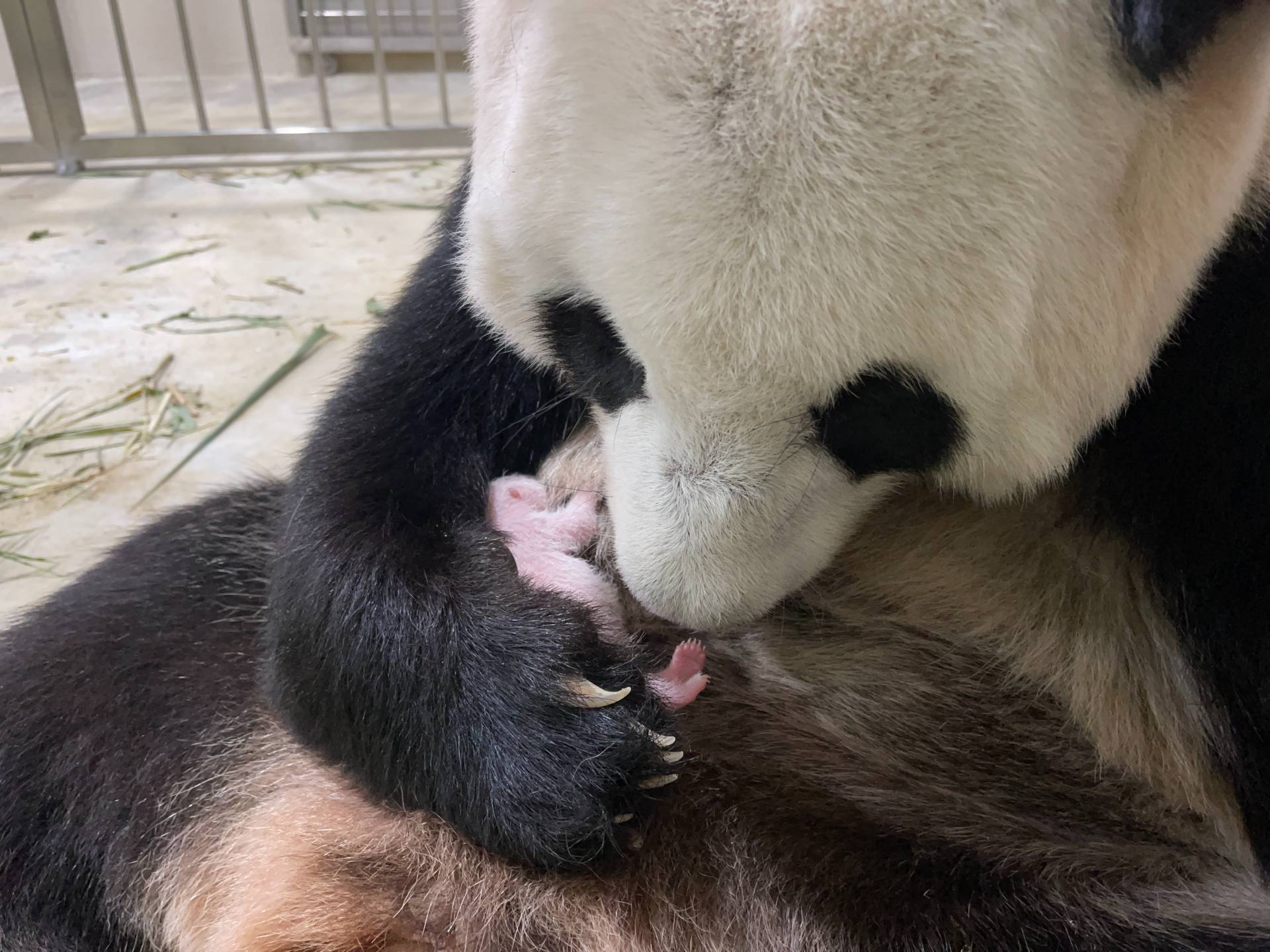
The birth of the new panda cub is the result of artificial insemination and has been seven breeding seasons in the making.
"The difficulty with a panda pregnancy is the fact that pandas sometimes show signs of pregnancy, but they're not actually pregnant," says Dr Heng Yirui, a veterenarian who joined WRS in 2018, and has been conducting ultrasounds on Jia Jia (and other animals) since then.
Dr Yirui, who was part of the team that performed the breakthrough artifical insemination, added that he felt as though he was going through the motions when he did the ultrasound scans this year. But an unexpected breakthrough occured.
"Just as I was about to end the session, I saw this little bag of fluid, and thought, 'wait a second, this is something new'," says Dr Yirui.
"We carried on with the scan and, lo and behold, I actually saw what I thought was a beating heart... I didn't believe what I was seeing. I said to [the keepers]: 'I don't believe this, but I think our panda is pregnant'. You should have been there to see their faces - they were all shocked!"
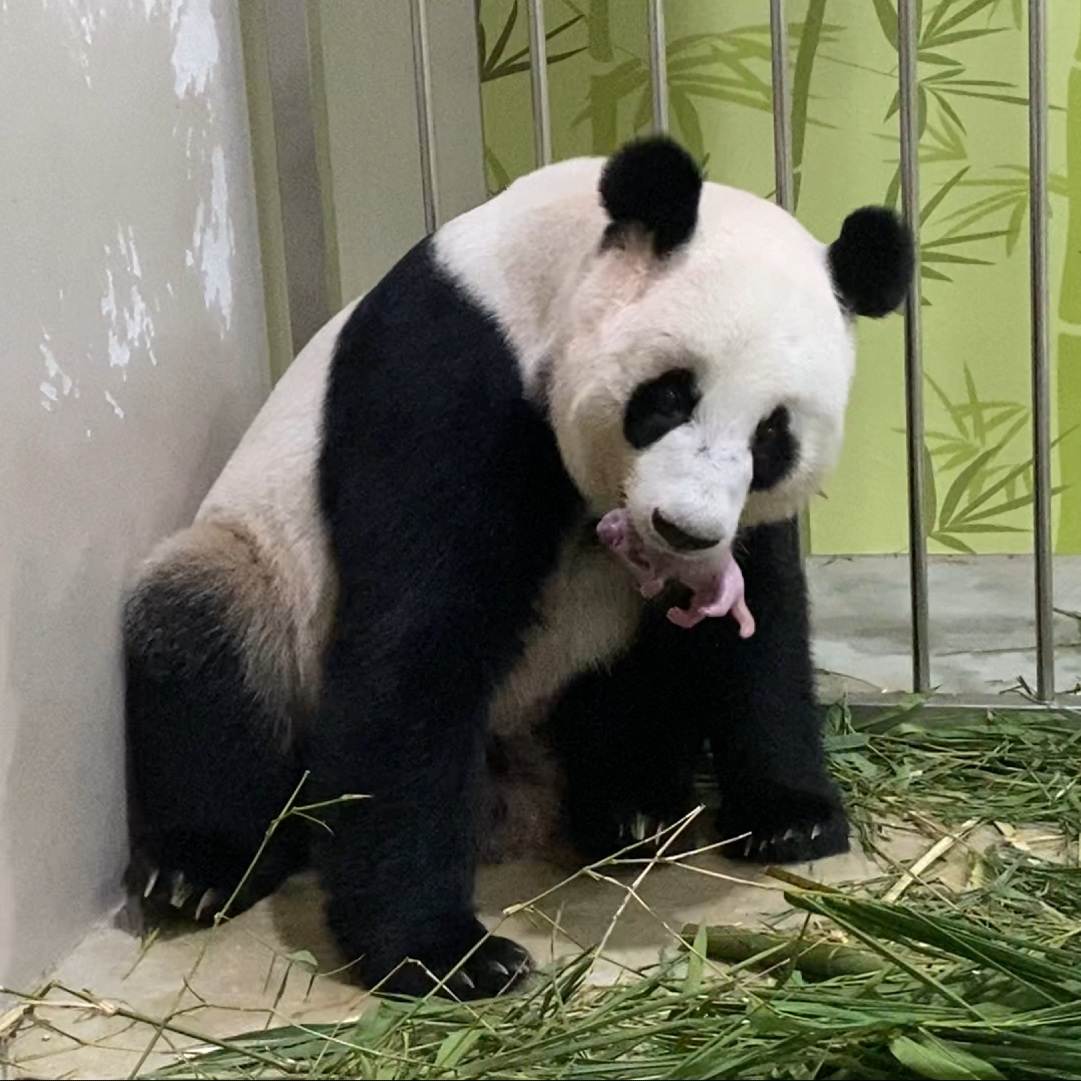
In two days, the foetus developed rapidly.
"Pandas have one of the quickest growth rates of any mammal, and what was a mash on Tuesday turned out to be a structure with a head and visible structures in the abdominal cavity, with all four limbs - a recognisable foetus," says Dr Yirui.
"Everyone could say, hey, she is pregnant for sure, and she is about to give birth."
"As the days go by, we see her being very mindful of the vocalisations of the cub. She will pick the cub up whenever it calls, and she will try and sit up, and try to nurse it, and just do a really good job at being a mother," says Trisha Tay, an animal care officer with WRS, who is herself a mother.
"Taking care of Jia Jia and seeing her struggle with motherhood in the early days [brings me] back to the days when I had a newborn baby, and had to struggle with waking up and tending to the needs of the baby, and trying to figure things out," says Trisha.
"So, I see that happening for Jia Jia - on days when she’s really tired, and the cub calls, she will actually give a huge sigh. I can feel for her and empathise with her cuz I’ve been through that as well!"
Other animal births in our wildlife parks
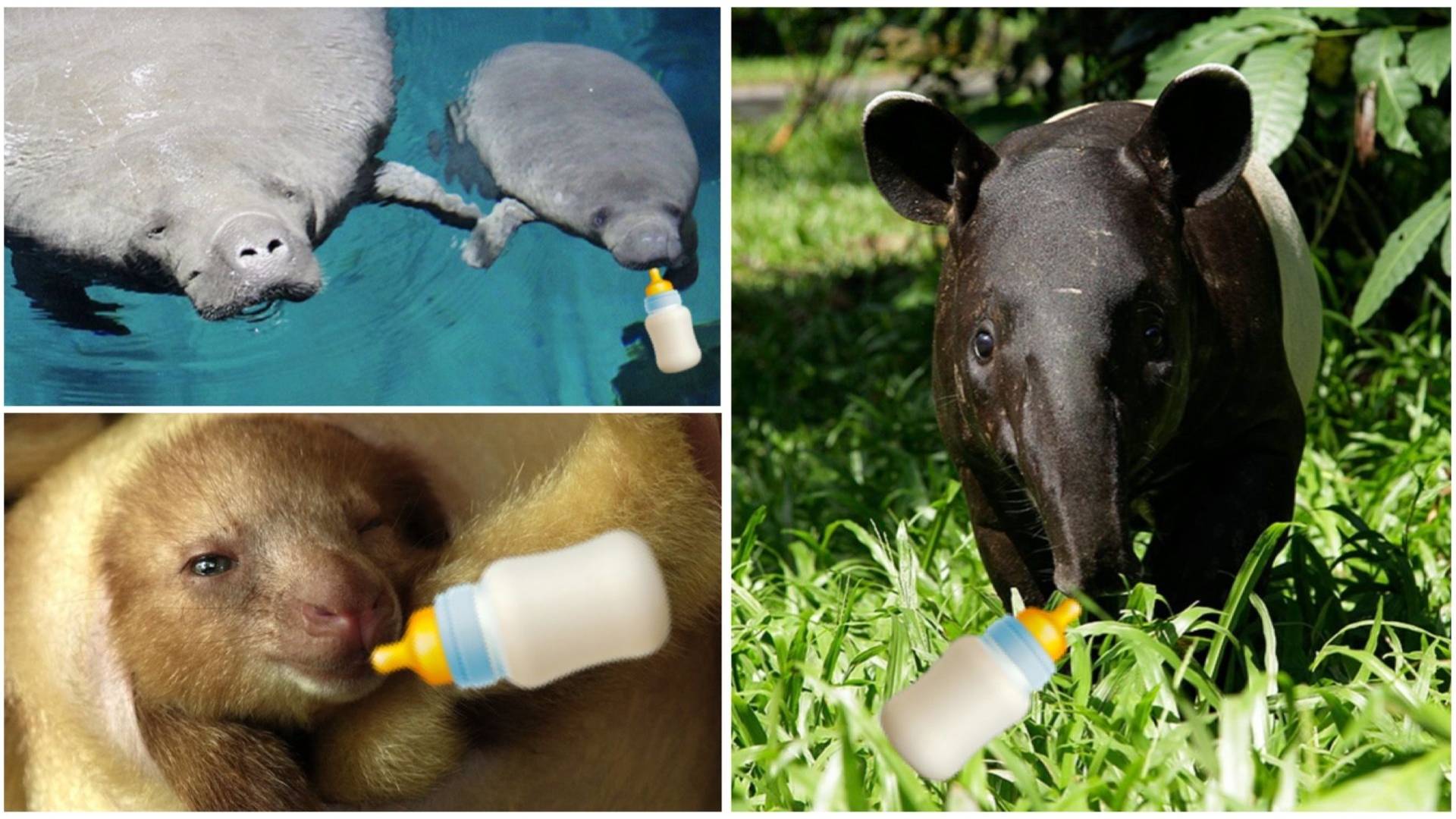
While we've been grappling with COVID-19 and social distancing measures, our animals at Wildlife Reserves Singapore (WRS) parks have seen the arrival of several newborns.
Click the image above or click here to read "Cuties Born In Our Wildlife Parks During COVID-19".
For the latest updates on Wonderwall.sg, be sure to follow us on TikTok, Telegram, Instagram, and Facebook. If you have a story idea for us, email us at [email protected].







